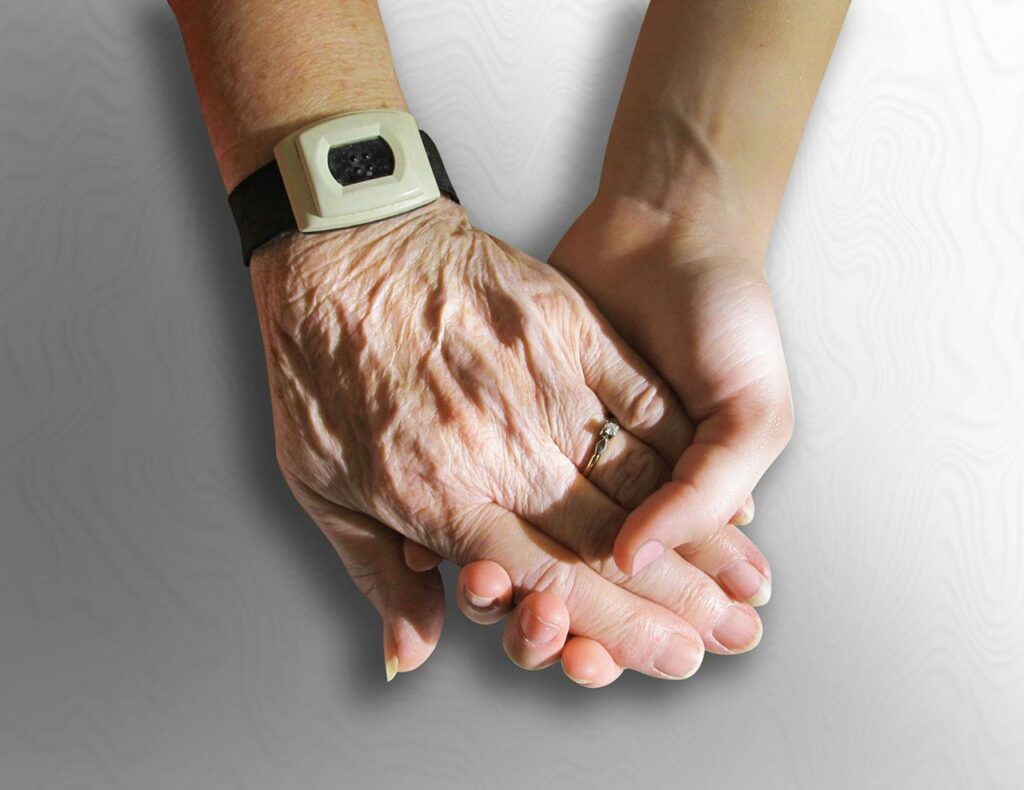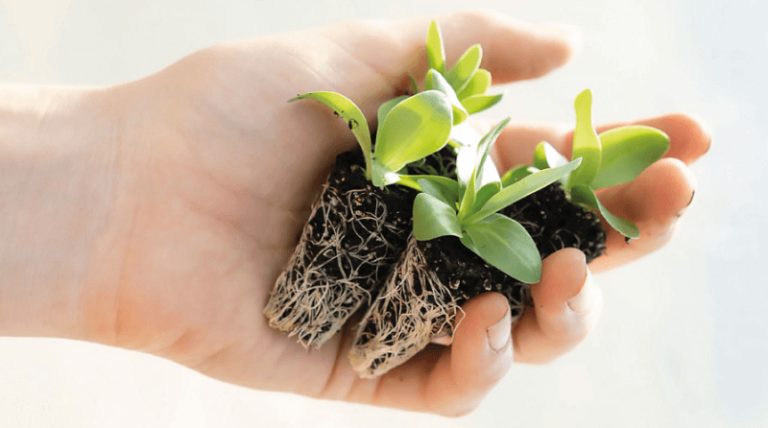Will I be able to have children when I want?
Is there any way to measure my fertility?
If my ovarian reservation is good, can I wait with peace of mind?
Today’s society increasingly delays motherhood, sometimes by our own decision, but often because we do not have the time, or a stable partner, or job stability. Be that as it may, these and many other questions pass through our heads at some point in our life.
Most couples under the age of 35 get pregnant after six months of trying, and more than 90% after two to three years of unprotected sexual intercourse. Getting pregnancy takes time, and this time increases with age. The first thing we must know is that age is the best measure of our fertility, so that, after the age of 35, fertility begins to decrease, and even more after the age of 38-40. This does not mean that a woman cannot become pregnant at the age of 35, but that it may be more difficult. Therefore, the first recommendation would be to try to get pregnant before this age or get advice from specialists to find out what options there are to protect fertility.
Women are born with a limited amount of eggs; this is called the ovarian reserve. These oocytes do not regenerate and are gradually lost over the years, so that as we age, we have fewer and fewer eggs, and they are of worse quality.
There are studies that can assess the ovarian reserve, but there is no evidence as such that can tell us whether we are fertile or not, since fertility not only depends on the eggs, but also “takes two to tango”. A consultation with a gynaecologist who is an expert in human reproduction can diagnose the level of the ovarian reserve, and let you know what options exist if you want to delay motherhood.
A good ovarian reserve, measured by age, by ultrasound with an ovarian follicle count and by an anti-mullerian hormone test, brings more peace of mind when it comes to fertility if you are young. On the other hand, if the ovarian reserve is compromised or altered, or you are over 35, this would mean that the decision to be a mother should not be delayed.
If a woman wishes to delay reproduction, she can choose the possibility of preserving fertility with the vitrification of oocytes, which is increasingly frequent and necessary in our society and basically consists of storing young and fertile eggs so she can be a mother in the future with her own eggs. The vitrification of eggs allows us to preserve a woman’s mature eggs. The method we use is ultra-rapid freezing, which keeps these cells unchanged for an indefinite time until they are used.




